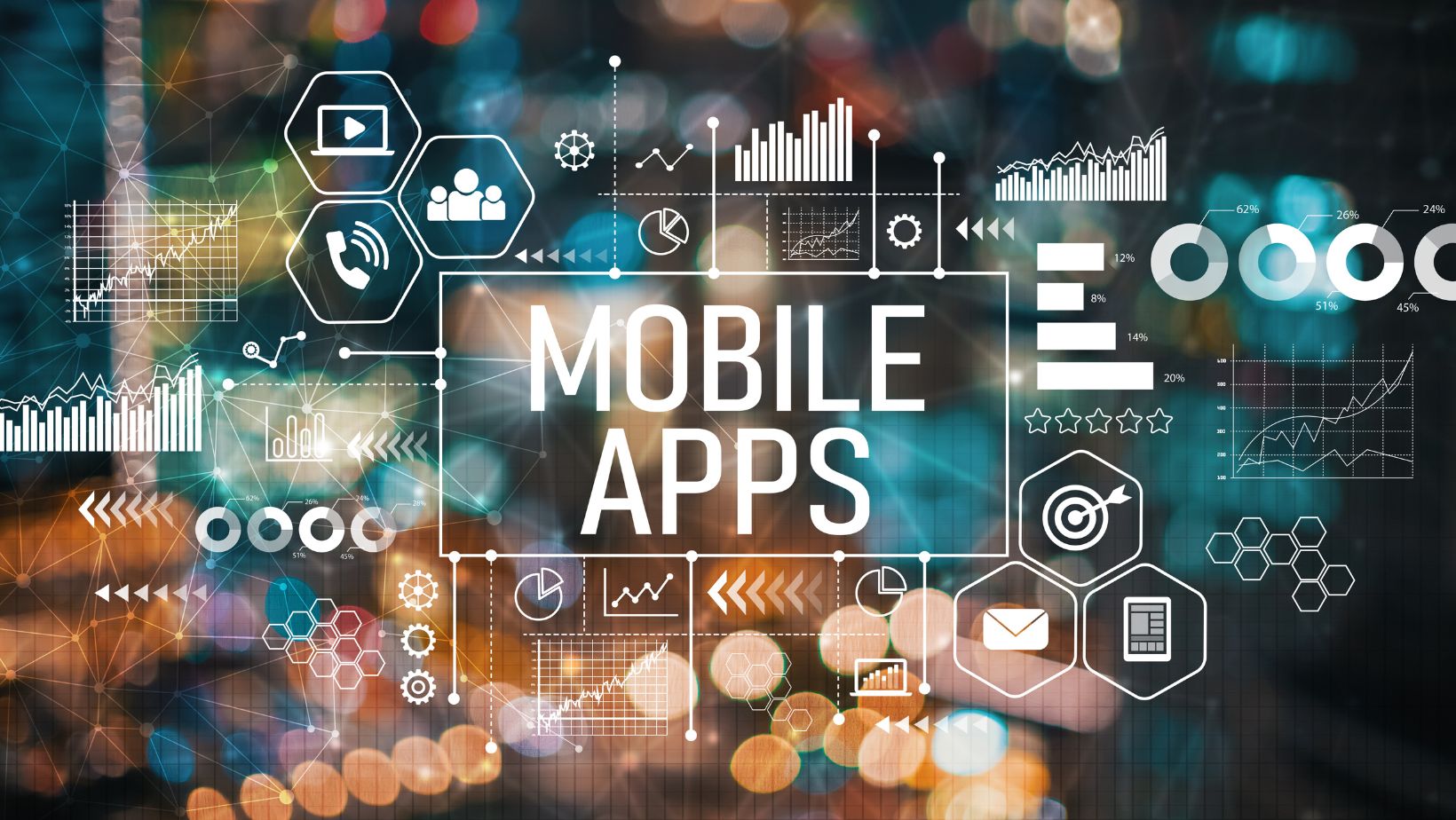The rapid evolution of artificial intelligence (AI) is reshaping the digital landscape, particularly in custom mobile app development. AI’s integration into mobile apps offers transformative possibilities, providing smarter user interfaces, enhanced personalization, and predictive technologies that elevate user engagement. With AI-powered features like chatbots, voice recognition, and predictive analytics, businesses are now crafting next-generation mobile experiences that push the boundaries of what’s possible. Companies like Instinctools are at the forefront of this movement, helping businesses capitalize on AI technology to stay competitive in the ever-evolving market.
1. AI in Mobile Apps: A Game-Changer for User Experiences
Custom app developers today are leveraging AI to create apps that anticipate user needs, deliver real-time insights, and offer tailored experiences that adapt over time. AI makes it possible to develop apps that aren’t just functional but intuitive, learning from user behavior and interactions to provide relevant content and suggestions.
For example, by analyzing user patterns, AI-powered apps can predict what users are likely to do next, offering personalized recommendations. This approach enables custom mobile app development services to offer advanced personalization features, which increase user retention and satisfaction.
2. Smarter Interfaces: Creating Seamless and Intuitive Interactions
A significant area where AI is making an impact is user interfaces (UI). Traditional mobile app interfaces rely heavily on static design, while AI-powered interfaces adapt in real-time. These interfaces learn from user interactions, improving navigation and offering more intuitive solutions.
Natural Language Processing (NLP), a branch of AI, is transforming how users interact with apps. Voice assistants and smart input recognition allow users to communicate with apps naturally, making voice commands and text queries part of an app’s standard functionality. Apps like Google Assistant and Siri have already set the stage, and custom mobile app developers are now building on this foundation to create AI-powered voice interfaces for personalized and efficient interactions.
3. Chatbots: Revolutionizing Customer Support
One of the most widespread applications of AI in custom mobile app development is chatbots. Chatbots are revolutionizing customer support by providing instant, 24/7 assistance, reducing response times, and enhancing user satisfaction.
For businesses, implementing AI-powered chatbots into their apps can lead to significant cost savings. These bots can handle routine queries, allowing human customer service agents to focus on more complex tasks. Furthermore, AI chatbots become more intelligent over time, learning from every user interaction, making them more effective at resolving issues and personalizing responses.
Custom mobile app development services often integrate AI chatbots for various industries such as e-commerce, finance, and healthcare, ensuring businesses can offer round-the-clock, high-quality customer service.
4. Predictive Analytics: Offering Personalized Experiences
AI-driven predictive analytics are transforming how apps offer personalized content. By analyzing vast amounts of user data, including behavior, preferences, and history, AI can forecast future actions or needs. This predictive capability allows apps to provide tailored recommendations, ranging from products and services to content and features, resulting in a highly personalized user experience.

For example, streaming apps like Netflix or Spotify utilize AI-driven algorithms to analyze user habits, offering personalized content suggestions based on what users have previously watched or listened to. In retail, predictive analytics can help custom mobile app developers create shopping apps that suggest products based on past purchases or browsing behavior.
This level of personalization is only possible through AI, which can process and analyze data at a scale no human could match, offering relevant and timely insights that improve the overall user experience.
5. Voice Recognition: Enhancing Accessibility and User Engagement
Voice recognition technology, powered by AI, is becoming a standard feature in modern mobile apps. By allowing users to interact with their devices hands-free, voice recognition not only enhances accessibility for users with disabilities but also offers a more seamless and natural way to navigate apps.
Incorporating voice recognition into custom mobile app development allows developers to build apps that are inclusive and convenient. This technology is particularly useful in industries like healthcare, where hands-free interaction can improve the efficiency of data entry, or in automotive apps, where drivers can operate their apps while keeping their hands on the wheel.
Voice recognition also facilitates smoother interactions in smart home applications, fitness apps, and personal assistant tools, making it an essential feature for next-gen mobile apps.
6. Machine Learning: Enhancing App Performance and Optimization
At the core of many AI-driven mobile apps is machine learning (ML), an AI subset that enables apps to learn from data and improve over time without being explicitly programmed. By analyzing user behavior and performance metrics, ML algorithms can optimize app functionality and user engagement.
For instance, mobile apps that use AI for personalized fitness coaching can adjust workouts based on a user’s progress, while e-commerce apps can fine-tune product recommendations according to shifting user preferences. This constant learning loop makes apps smarter, more responsive, and better able to meet user needs.
Machine learning also plays a crucial role in fraud detection, especially in finance and banking apps. By learning patterns from transaction data, AI algorithms can detect unusual activities, flagging them as potential fraud risks. This enhances the security of mobile apps, providing users with peace of mind.
7. AI’s Role in Driving Competitive Advantage for Businesses
For businesses, the integration of AI into mobile app development offers a competitive advantage by creating apps that meet the growing demands of modern users. The ability to provide personalized experiences, streamline customer service, and predict user behavior translates into better engagement, increased loyalty, and higher conversion rates.

Custom app developers that incorporate AI technologies into their services can help businesses stay ahead of market trends by offering innovative app solutions that cater to user expectations. Companies that leverage custom mobile app development services with AI will be well-positioned to deliver advanced mobile experiences, leading to improved customer retention and long-term success.
Final Thoughts
AI is transforming custom mobile app development in profound ways, bringing forth next-generation user experiences that are smarter, more personalized, and more efficient. From chatbots and predictive analytics to voice recognition and machine learning, AI-powered mobile apps are reshaping how users interact with technology.
For businesses looking to stay competitive in the digital market, partnering with custom app developers who specialize in AI-driven solutions is essential. With the right custom mobile app development services, companies can harness the power of AI to create innovative, engaging, and personalized mobile experiences that meet the evolving needs of users while positioning themselves for long-term growth in the mobile app industry.


